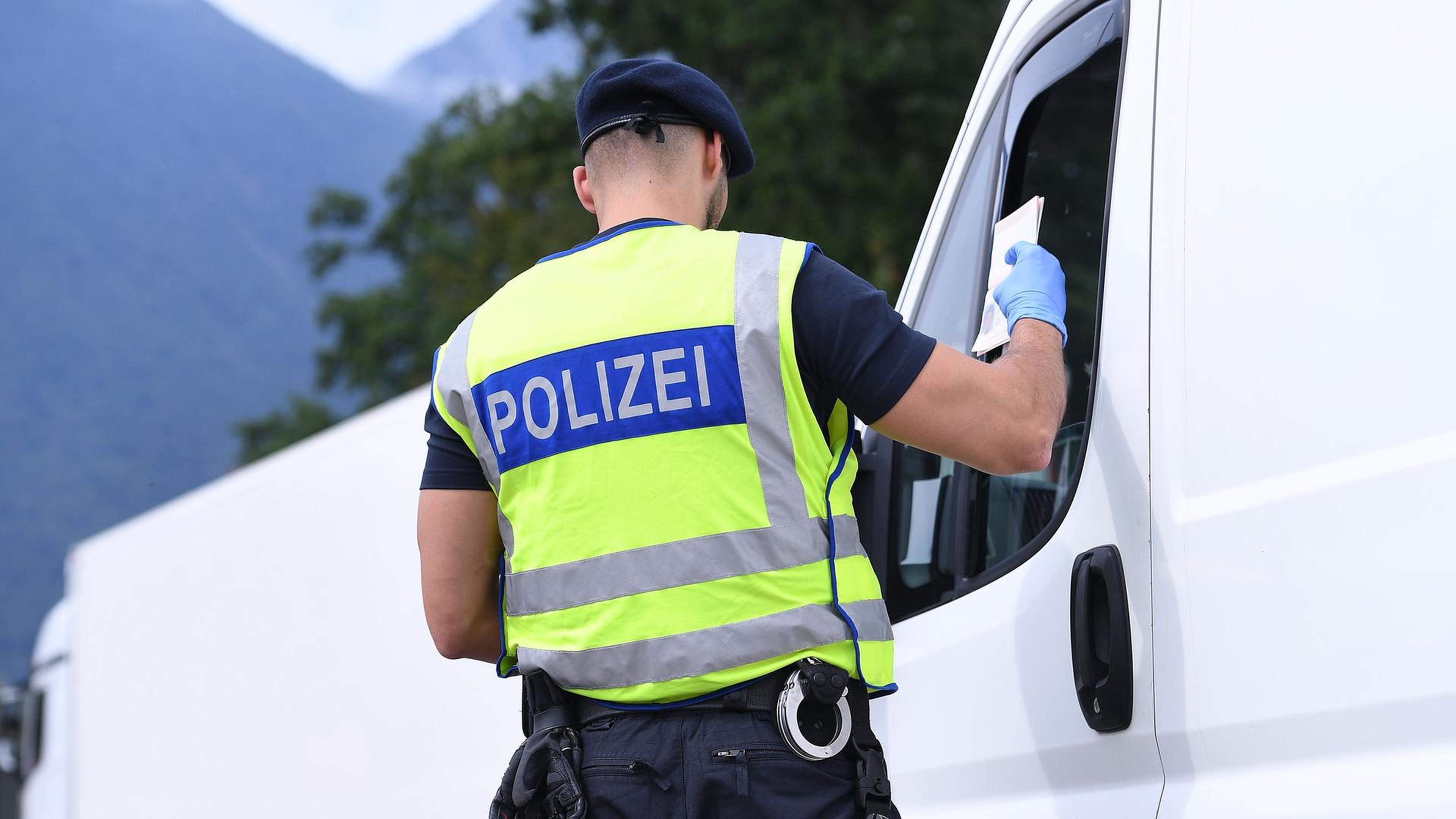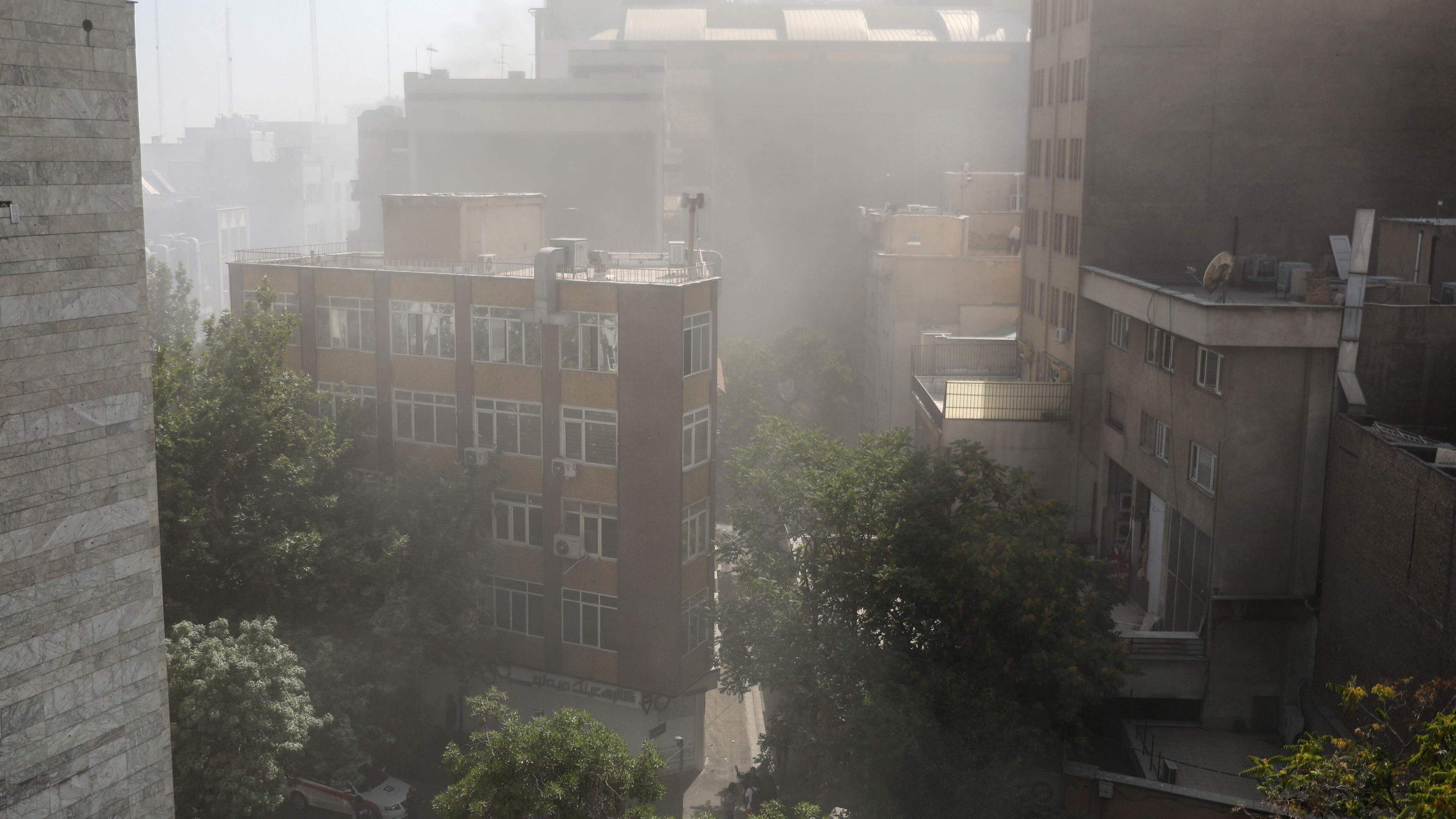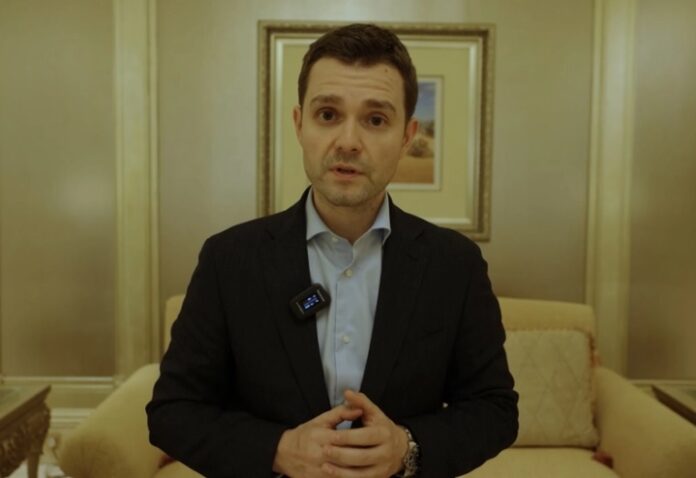Survey proves: The border controls pendant and companies put a strain on the border controls

The aim of the survey of the business initiative was to record the effects of the current border controls, as well as the construction site situations and to develop practical solutions. The results are clear – and alarming …
« As a representative of the cross -border economic actors in both directions of the borders, we see the current stress situation for the border commuters and the companies very worrying. » According to Stefan Pelger, President of the DLWI. A solution can and will only be found from the neighboring countries on the negotiating channel with Germany. The DLWI urgently calls on Minister Gloden to find the necessary solutions promptly.
Commuting under pressure
Border controls have long since established themselves as a noticeable stress in everyday life of commuters, the DLWI survey. According to the survey, over 77 percent of the respondents regularly exceed the limit, more than half even daily. The consequences range from stressed working paths to professional reorientation plans.
78.3 percent experience recurring delays, 30.8 percent regularly lose over 30 minutes a day. 43.8 percent of those surveyed stated that they had to adapt their working hours, often with effects on family routines. 33.7 percent of the respondents seriously think about changing the workplace and 10.5 percent report financial losses, for example about unpaid overtime or additional travel expenses. A total of 80.6 percent rate the efficiency of the current border measures as insufficient.
These figures make it clear that the current controls not only burden the nerves- they have « real influence on quality of life and professional decisions. Luxembourg’s attractiveness for specialists and managers decreases, » sums up Stefan Pelger.
Companies feel economic consequences
Companies also clearly feel the consequences of the controls. Around 70 percent of the companies surveyed state that they make border crossings every day – be it by employees, supply chains or field service. According to DLWI, the results suggest that this massively disturbing operational processes, logistics and planning security.
In this way, 53.3 percent feel surgically restricted by the controls. 72.4 percent report significant delays that endanger just-in-time deliveries. According to the survey, 27.6 percent have to complain about specific financial damage. 83.3 percent consider the efficiency of the measures to be insufficient or not available. 80 percent call construction sites as a serious additional burden.
The consequences are delayed deliveries, disturbed production processes, increased personnel and coordination effort as well as falling competitiveness.
Future needs structure
The DLWI take these results seriously and recommends politicians a multi -stage reform package. The aim is to improve efficiency at border crossings, to secure economic development in the border region and to maintain the quality of life of commuters.
The promotion of home office and flexitis regulations with an adaptation of operational presence obligations to borders is recommended.
Dlwi
The digitization of the border processes by introducing intelligent control systems with automatic vehicle detection or the expansion of contactless, data -based procedures for risk assessment must be examined.
Possible catalog of measures
The establishment of a coordinated construction site calendar for infrastructure near the border with early communication with companies and commuters would give planning security, whereby a high commuting axes would have to be prioritized.
The promotion of home office and flexitis regulations with an adaptation of operational presence liability to borderline conditions is recommended.
According to DLWI, the establishment of common taskforces between Luxembourg and Germany with the participation of the economy, administration and traffic authorities is absolutely necessary, not least because of the development of long -term strategies for crisis prevention in border traffic.






:format(webp)/s3/static.nrc.nl/wp-content/uploads/2025/05/26165459/data132845831-d4e505.jpg)
